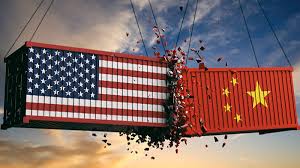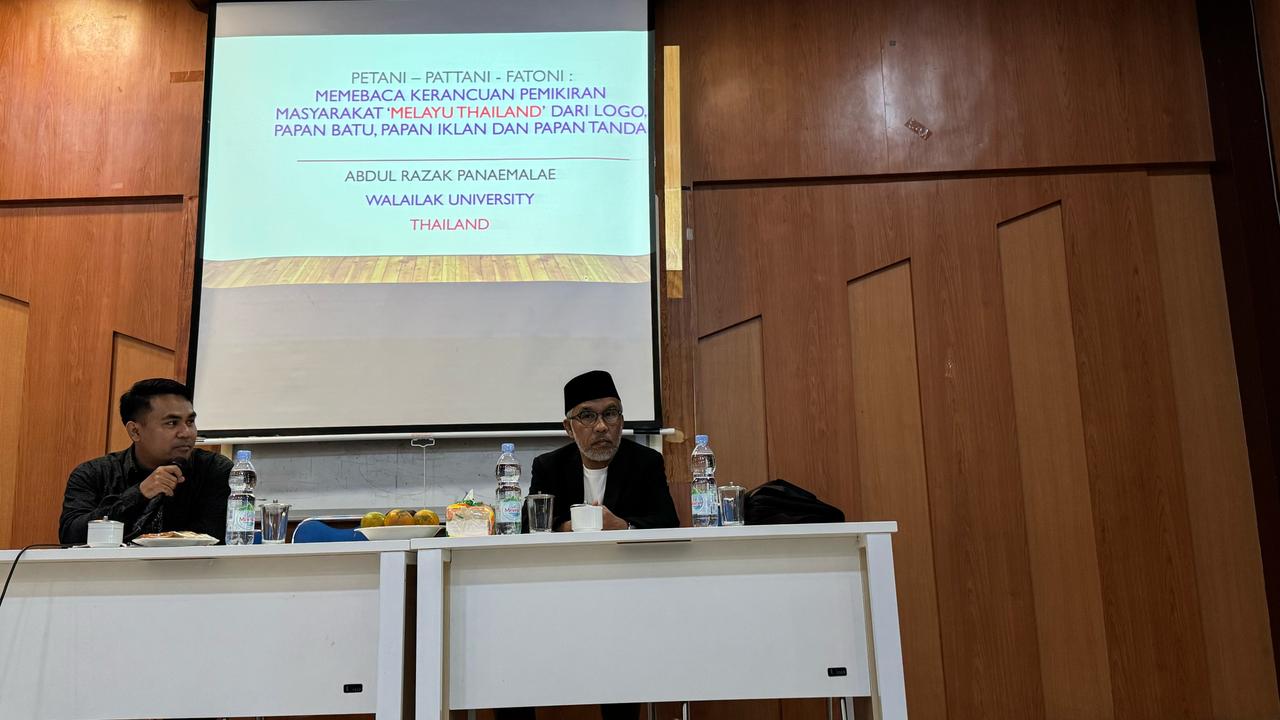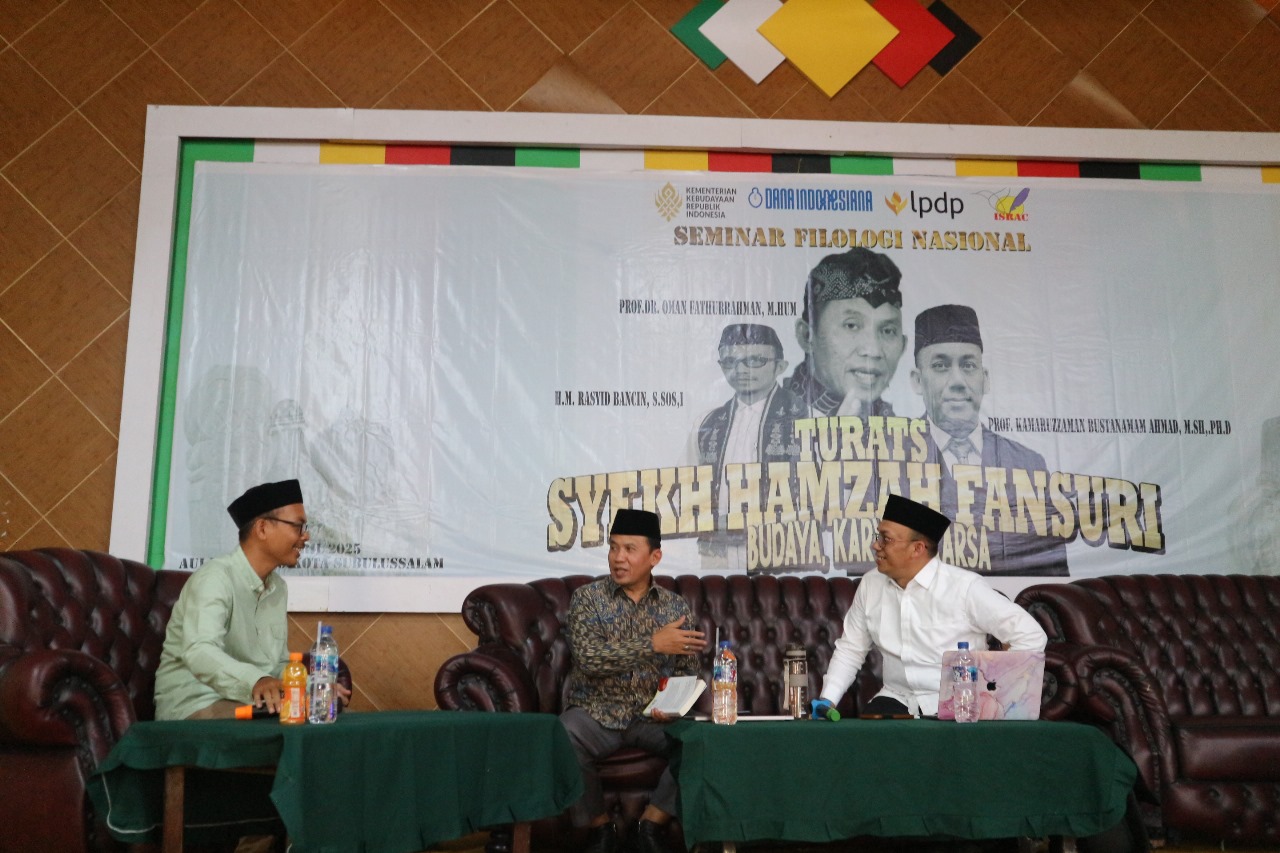This article examines the ongoing trade tensions between the United States and China. In this context, I wish to emphasize the strategic considerations that the Prabowo government may want to explore—specifically, actions to embrace and avoid—as it seeks to navigate the complexities of this geopolitical landscape. Historically, the United States employed various strategies during the Cold War to effectively address the challenge posed by the Soviet Union, the repercussions of which extended into the Middle East.
In recent years, China has made significant strides in broadening its geopolitical influence, and many analyses suggest that it may soon stand as a formidable competitor to the United States. Meanwhile, the American government has remained committed to fostering global stability by reinforcing its international alliances. However, the assertive posture adopted by China has raised concerns regarding the diminishing influence of the United States, an issue that merits careful consideration. This apprehension is echoed in discussions led by various think tanks operating within the United States. The phrase “All eyes on China” signifies a pivotal moment that could introduce new challenges to global stability in the years ahead.
At present, the geopolitical landscape in the Middle East remains precarious, particularly due to the enduring Israeli-Palestinian conflict. Similarly, the situation between Russia and Ukraine continues evolving, adding to the complexity. European nations are cautious in their relations with the United States and China, contributing to uncertainty regarding global stability.
Additionally, the sentiments reminiscent of a “Cold War” in East Asia and America’s involvement in the region warrant careful oversight. The ongoing tensions in the South China Sea further underscore that regional challenges are yet to be fully resolved. Lastly, the evolving relationship between Australia and China is an essential indicator of the need for diplomacy and caution within the Asia-Pacific region.
Prabowo’s administration embodies a continuation of the leadership approach initiated by Jokowi, both focused on fostering a state sovereignty that seeks to minimize dependence on any single bloc. This strategic philosophy aims to harness sovereignty while advancing Indonesia’s internationalization mission, with the vision of positioning the nation as a prominent player by 2045. It is essential to evaluate the pillars of sovereignty, which include a robust economy, military strength, and adequate political stability. Within this framework, Prabowo aspires to pursue these objectives with vigor, working to reintegrate military capabilities into the national defense strategy to enhance the overall effectiveness of the government’s initiatives.
In light of the ongoing tensions between China and the United States, Indonesia has taken a proactive approach by sending its envoy to discuss the tariffs President Trump had put on hold for several nations, including Indonesia. This initiative is a strategic step, yet it represents only the initial phase of a broader agenda. Moving forward, the focus will be on addressing the influence of China’s shadow military presence in various global regions. This endeavor may lead to reconfiguring military power in several areas, which is essential for understanding China’s economic strategies, such as the Belt and Road Initiative (BRI). This initiative has fostered significant connections between China and numerous countries across different continents, enhancing overland and maritime ties.
In this context, President Trump’s assertive approach to “America First!” may have implications for the future of nations that maintain economic partnerships with the Chinese government. His initiatives to limit China’s influence could lead to broader global consequences. It is essential to recognize that China’s economic presence has extended to nearly every continent, with many countries appearing to prefer trade relations with China over those with the United States.
Nonetheless, the commitment to fostering pro-United States alliances remains robust. Many nations continue to value their long-term interests in America. However, China has navigated these dynamics to align national interests with its objectives in recent years. Through the “invested by China” model, the country has effectively provided strategic infrastructure development, benefiting those participating in the Belt and Road Initiative (BRI).
Southeast Asia has increasingly become a favorable environment for Chinese manufacturing enterprises. Countries such as Vietnam, Cambodia, and several others in the region have actively engaged with China as it seeks to enhance its global economic presence. In Indonesia, China has become a significant contributor to economic development initiatives. Over the past decade, the diplomatic efforts of the Chinese government under President Jokowi have suggested a shift in influence, with China appearing to enhance its presence relative to that of the United States. Substantial investments and aid from China in multiple ambitious projects have fostered strong ties between the two nations, reinforcing a collaborative partnership.
The rise of Prabowo, who seeks to enhance economic sovereignty by leveraging domestic resources to become a developed nation, is noteworthy from a geopolitical standpoint. Upon his inauguration as president, Prabowo strategically prioritized visits to several countries, beginning with China. This choice reflects his commitment to fostering a collaborative relationship with China to support Indonesia’s ambition for economic sovereignty. In this regard, China currently stands as the second-largest investor in Indonesia, following Singapore, while the United States holds the fifth position.
In light of the ongoing trade tensions, it is imperative for the Prabowo administration to thoughtfully consider several key factors: First, an evaluation of the long-term implications of the trade conflict between China and the United States on the Southeast Asian region is essential. Indonesia must strive to align its national interests with this evolving landscape to avoid being adversely affected by the disputes between these two major powers. If the Prabowo government engages in negotiations for new tariffs with the United States while simultaneously fostering a welcoming environment for Chinese investments as a foundational aspect of its industry, there is a risk of encountering significant challenges not only in the economic sphere but also in defense and security.
Second, it is crucial to recognize that the Chinese government may seek to stabilize its domestic situation in response to the repercussions of U.S. policies that have impacted various industries. Typically, China’s approach involves collaborating with alliance countries, especially those connected through the Belt and Road Initiative (BRI), to facilitate trade activities regardless of the sentiments in the U.S. Therefore, Indonesia should strategically consider the long-term expectations of the Chinese government and the potential consequences, particularly given the current state of its economic growth.
Third, the United States perceives China’s increasing influence in Southeast Asia as a challenge to global stability. The situation in the South China Sea allows the U.S. administration to enhance diplomatic engagement while addressing concerns regarding China’s assertiveness in the region. Southeast Asian countries, including Indonesia, have felt the effects of China’s expanding territorial claims. Thus, the Indonesian government must collaborate with its partners through the ASEAN framework to ensure that any regional escalation is duly addressed.
Lastly, the Prabowo government should prioritize efforts to maintain stability in Southeast Asia, particularly in the Straits of Malacca and the South China Sea. A proactive approach will be critical in mitigating the impact of the ongoing conflict between China and the United States. By integrating this perspective into its global strategy, Indonesia can better navigate potential challenges in the coming years, safeguarding its national interests amidst evolving trade dynamics.




